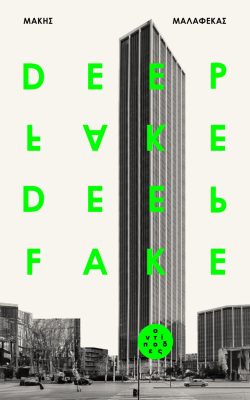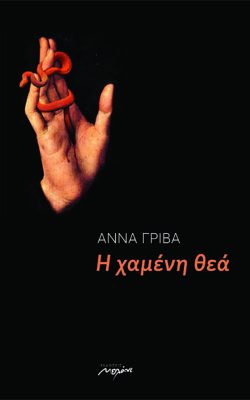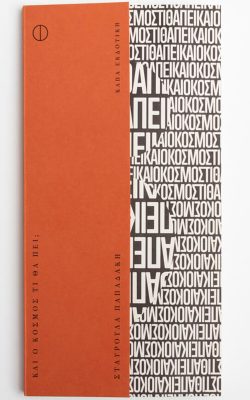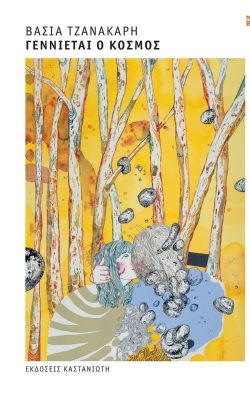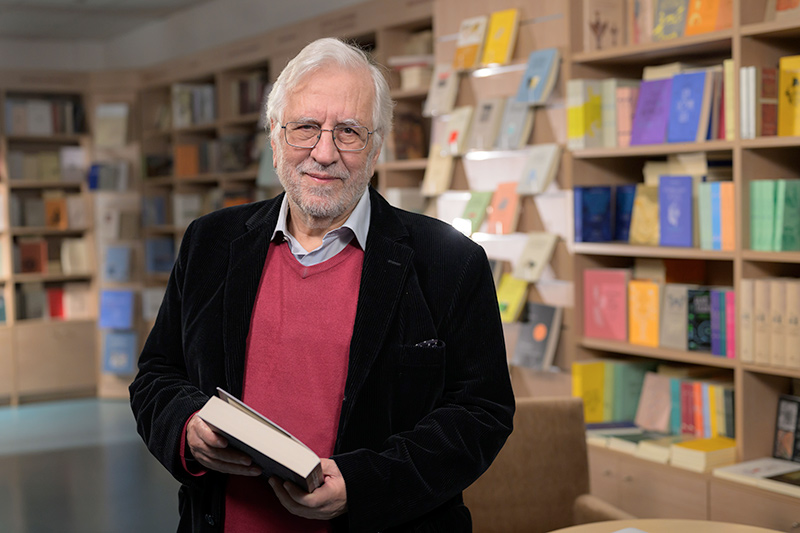
STEFANOS TRACHANAS has been teaching (among other subjects) quantum physics and differential equations at the Department of Physics of the University of Crete since 1983. He has also been a member of the scientific staff of the Foundation for Research and Technology – Hellas (FORTH) since 1986, and his teaching at the Department of Physics is offered free of charge.
He is the author of 11 academic textbooks in the above fields, as well as the books The Phantom of the Opera: Science in Our Culture and Eve’s Sin: Physics Under the Stars and Creative Learning, The Circle: Science and Democracy in Troubled Times, and The Bomber and the General: Narrating the Quantum Revolution (1900–2025), which are aimed at a broader audience. His book An Introduction to Quantum Physics was published in 2018 by Wiley. Coming in 2025 is his forthcoming book High School Quantum Mechanics: For the Joy of Discovery, primarily intended for educators and curious students.
In 2003, he was named an honorary doctorate recipient by the University of Crete, and in 2012 he received the National Award for Excellence in University Teaching in memory of Xanthopoulos–Pnevmatikos. For his overall contribution, he was honored in 2015 with the Grand Commander of the Order of the Phoenix of the Hellenic Republic.
In 2022, the Department of Physics of the University of Crete named one of its auditoriums after him, and in 2023 the Municipality of Heraklion awarded him the city’s Award for Ethical Merit, while FORTH bestowed on him the title of Distinguished Member.
As founding member and director of Crete University Press (CUP) of FORTH until 2013, he played a central role in establishing the country’s first university publishing house. In recent years, his interest has turned to massive open online courses and the new avenues for equal access to quality education. Believing that Greece cannot afford to remain on the sidelines of the revolutionary changes taking place elsewhere in this field, he took the initiative to found the Mathesis Center for Open Online Courses—an autonomous and self-funded branch of CUP—where he contributes voluntarily both as director and as a teacher or author. The success of this “experiment” is his personal bet for the years ahead.


